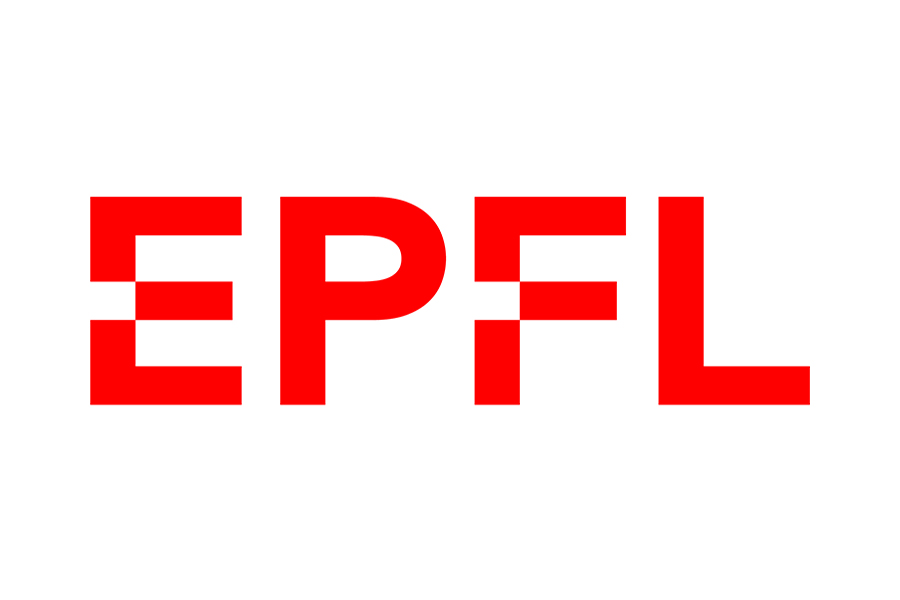
COVID-19 Testimonial Series | Laboratory of Biological Network Characterization (LBNC)
Share this article
Next generation microfluidic devices for applications in molecular diagnostics
The following article is part of BioAlps’ testimonial series and was written by Prof. Sebastian Maerkl, Associate Professor, Laboratory of Biological Network Characterization (LBNC). Our series aims to provide a platform for the different life sciences actors from western Switzerland, who are active in finding and developing solutions to fight against the new coronavirus, to share their experience.
Presentation of LBNC COVID-19 related activities
The Laboratory of Biological Network Characterization (LBNC) under the direction of Prof. Sebastian Maerkl has been developing next generation microfluidic devices for applications in molecular diagnostics, specifically protein biomarker detection and quantitation.
The lab created several devices that use a new and innovative method for detecting protein biomarkers by Mechanically Induced Trapping of Molecular Interactions (MITOMI) (Maerkl and Quake, Science, 2007, 315, 233-237). With MITOMI the lab developed several high-throughput nano-immunoassays (Garcia-Cordero and Maerkl, Lab Chip, 2014,14, 2642-2650; Garcia-Cordero et al., Integrative Biology, 2013, 4, 5, 650-658) as well as digital nano-immunoassays (Piraino et al., ACS Nano, 2016, 10, 1, 1699–1710).
The current SARS-CoV-2 pandemic clearly demonstrated that novel technologies are needed to enable large-scale detection and quantification of SARS-CoV-2 specific antibodies in human blood samples. Such technologies are essential to support seroprevalence studies, vaccine clinical trials, and to monitor quality and duration of immunity. We developed a microfluidic nano-immunoassay for the detection of anti-SARS-CoV-2 IgG antibodies in 1024 samples per device (preprint on MedRxiv, DOI: 10.1101/2020.10.07.20208280). The method achieved a specificity of 100% and a sensitivity of 98% based on the analysis of 289 human serum samples. To eliminate the need for venipuncture, we developed low-cost, ultra-low volume whole blood sampling methods based on two commercial devices and repurposed a blood glucose test strip. The glucose test strip permits the collection, shipment, and analysis of 0.6 µL whole blood easily obtainable from a simple fingerprick. The nano-immunoassay platform achieves high-throughput, high sensitivity and specificity, negligible reagent consumption, and a decentralised and simple approach to blood sample collection. We expect this technology to be immediately applicable to current and future SARS-CoV-2 related serological studies and to protein biomarker diagnostics in general.
Exogenous impact of COVID-19
Impact on LBNC activities
As an academic lab located at EPFL, we were greatly limited in our ability to access laboratory infrastructures to perform experimental work. In the initial phase, all lab personnel shifted to remote work. The EPFL COVID-19 task force gave our lab special permission to restart activities with a small 4-person team during campus shut-down. This team started to develop the high-throughput nano-immunoassay for the detection of anti-SARS-CoV-2 antibodies. Around May 2020, research labs on campus reopened with a rotation system to limit the number of collaborators present at any given time, reaching full capacity over the summer, while keeping a number of protective measures in place including social distancing and wearing face masks.
Impact on project visibility and interaction with partners
At the beginning of the pandemic we were contacted by Prof. Eckerle and Dr. Meyer from the University Hospital Geneva and University of Geneva, who are experts in emerging viruses and expressed an interest in our MITOMI platform. We quickly identified that our microfluidic technologies had the potential to be applied to large-scale serological studies which are key in gaining a better understanding of COVID-19. EPFL has allowed us to quickly enter the lab for initial developments and has financially supported the first phase of the project. The promising results we obtained in a very short amount of time and the potential impact of the technology was recognised by the SNSF who is supporting us with a National Research Program grant created specifically for addressing COVID-19 challenges (NRP 78).
Future operations and activities following COVID-19
With the support provided by the SNSF NRP-78 grant, we will be able to continue our work on the high-throughput nano-immunoassay platform. One development we would like to implement in the near future is the ability to detect antibodies directed towards other Coronaviridae or common respiratory viruses. We also plan to perform serological studies at large scale enabled by the high-throughput, low-cost, low-sample, and low reagent consumption of the microfluidic platform, together with the ease of sample collection offered by ultra-low volume whole blood sample collection methodologies we developed. While this technology is immediately applicable to COVID-19 serology testing, they could also be of interest in improving existing immunoassays and we are considering bringing this technology to the market.
Endogenous impact of COVID-19
The protective measures implemented in our lab will likely be pursued in the next phases of the current pandemic. We had the possibility to experiment with regular teleconference meetings which were effective in discussing the project steps. On the other hand, experimental work is necessary for most of our activities and it is likely that we will have to maintain a significant physical presence in our laboratory under strict safety measures.
Cantonal and/or federal support measures
We are grateful to the cantonal and federal authorities for the measures they implemented to help increase the safety of our collaborators. The support from EPFL in the initial phase of the project was key in developing our high-throughput nano-immunoassay in a timely manner. We are honoured to have received the support from the SNSF National Research Programme “COVID-19” (NRP-78) mandated by the Swiss Federal Council and we look forward to the future developments of our microfluidic platform, aiming to offer valuable tools for physicians and researchers facing the challenges brought by the COVID-19 pandemic.